Just like our gut has helpful microbes, so too does the soil around plant roots. But what happens when antibiotics disrupt this balance?
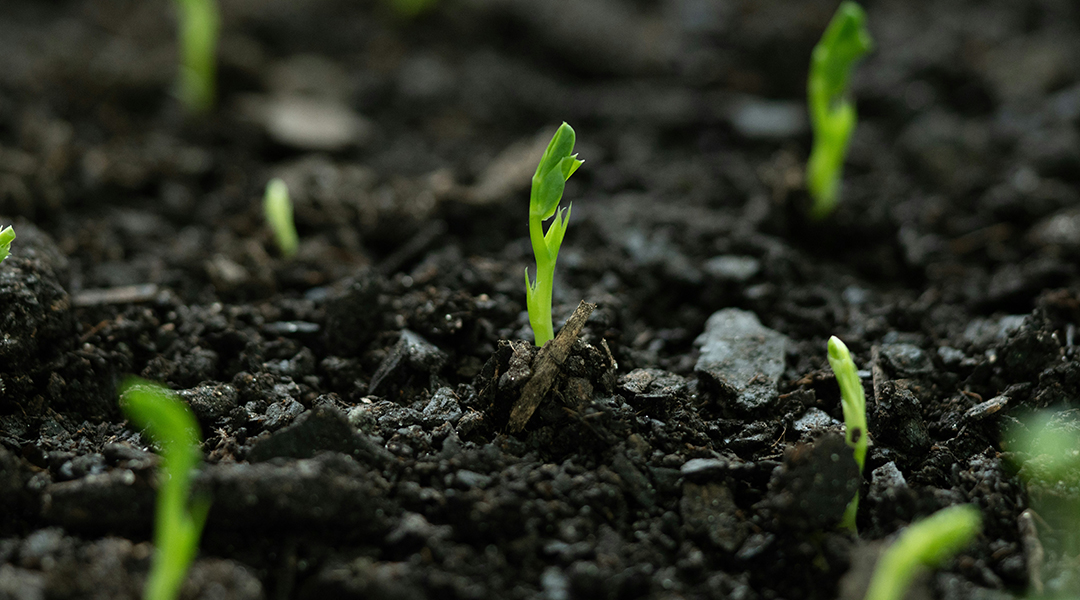

Just like our gut has helpful microbes, so too does the soil around plant roots. But what happens when antibiotics disrupt this balance?
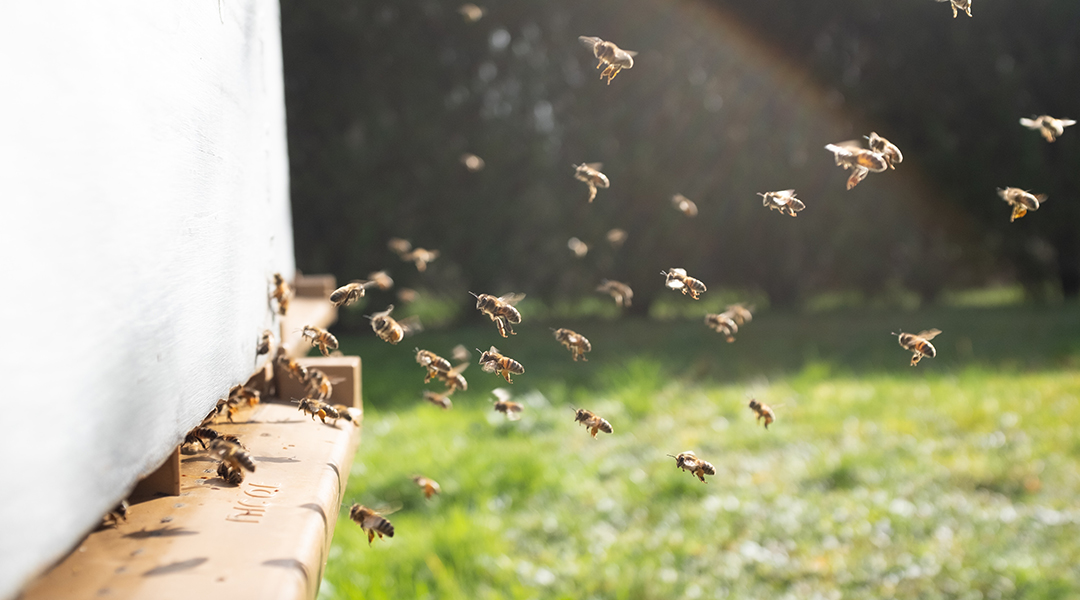
The microbes in beehive debris vary widely between cities and neighborhoods, and could hold keys to assess the human populations’ health.

Nine different ways of using technologies based on microbes that can make space research more circular and generally more sustainable.

Researchers find one more piece in the puzzle of ancient ecology.
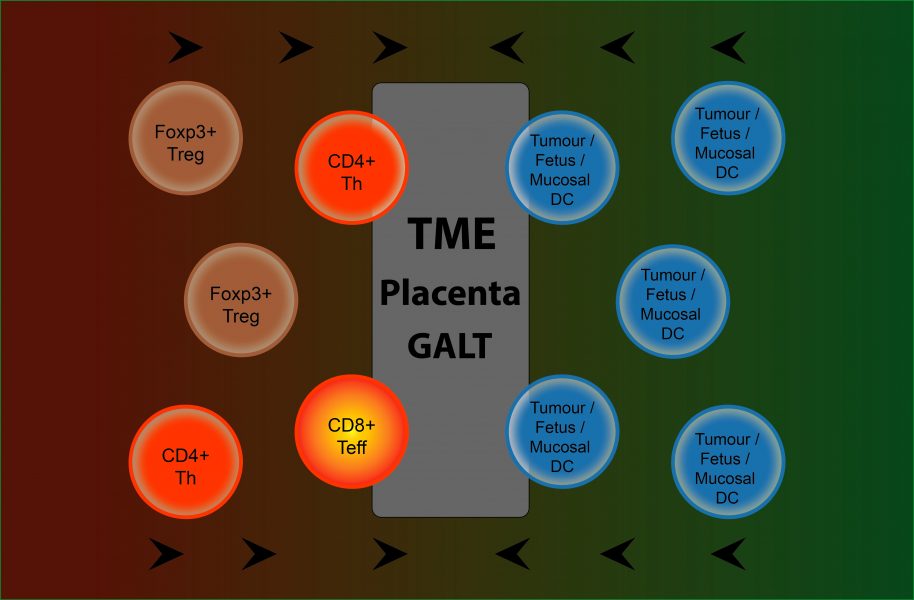
In their ‘Think again’ article published in BioEssays, Megan Barnet and colleagues discuss how insights from fetal allografts and microbes can lead to a better understanding of immune tolerance in cancer.
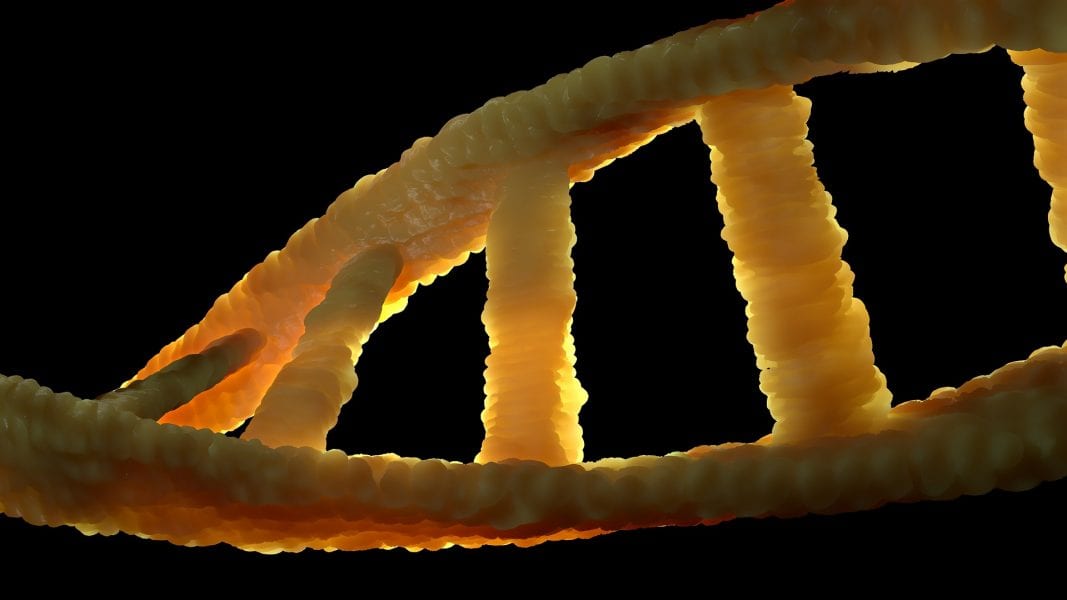
Review by Kubyshkin and Budisa in Biotechnology Journal explores the why and the how.
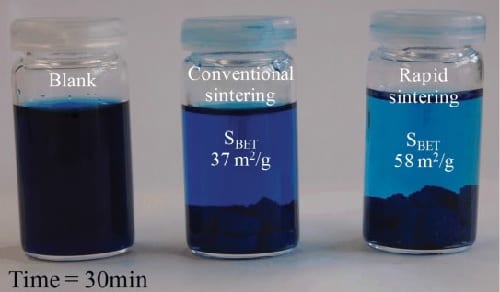
Researchers reduced the sintering time for an adsorbent by a factor of 60 and improved the specific surface area.
A University of Bremen team describes a simple and versatile rapid tube furnace sintering technique to improve the specific surface area of microbeads.
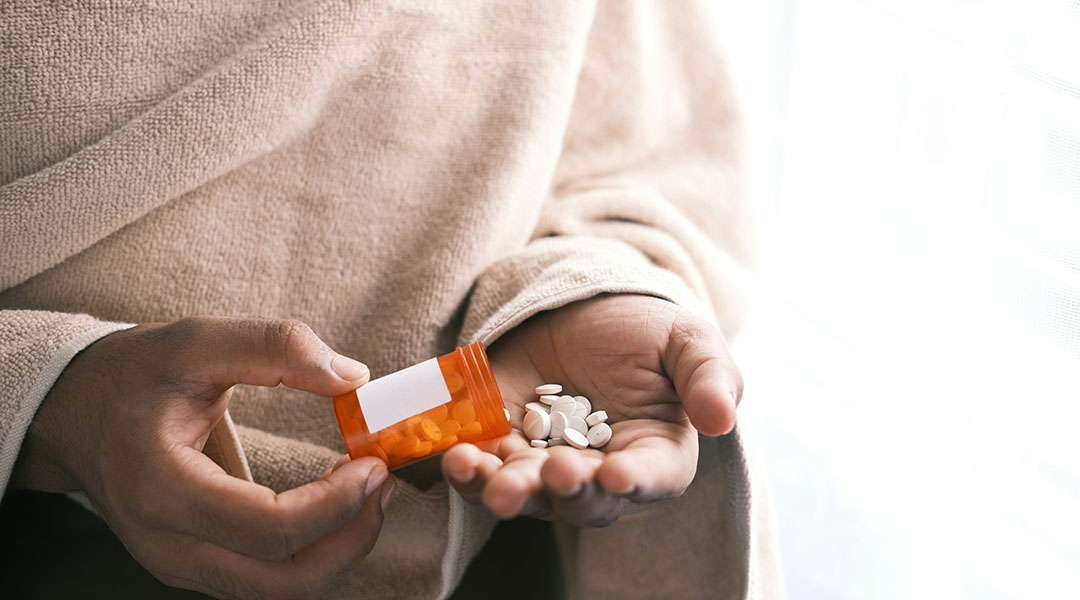
A bacterium found in a backyard could offer new hope in the fight against antibiotic resistance.
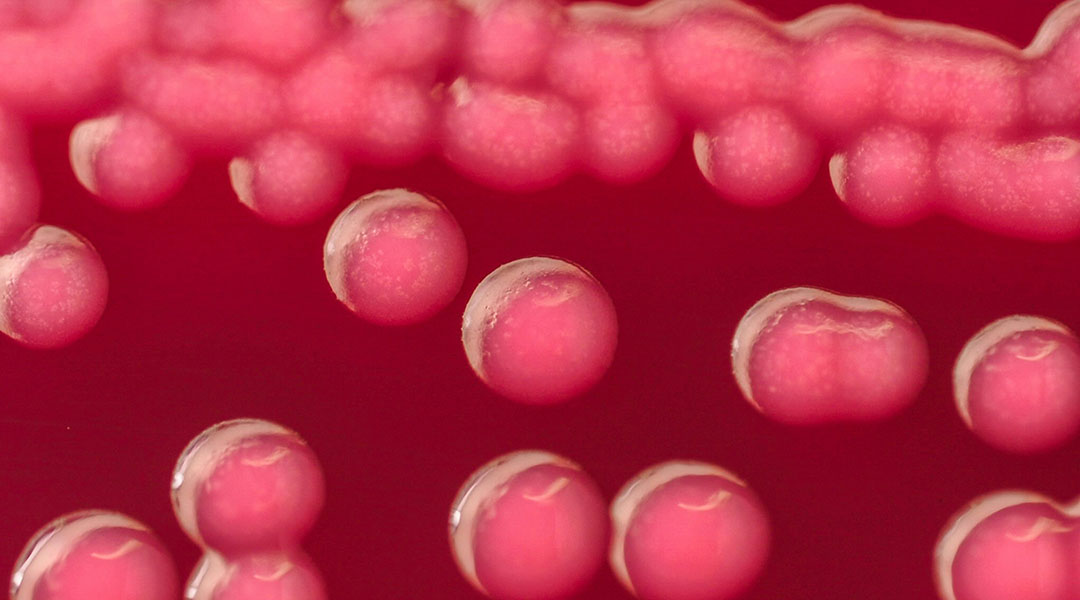
Engineered Escherichia coli bacteria could be used to make sustainable biobased plastics.